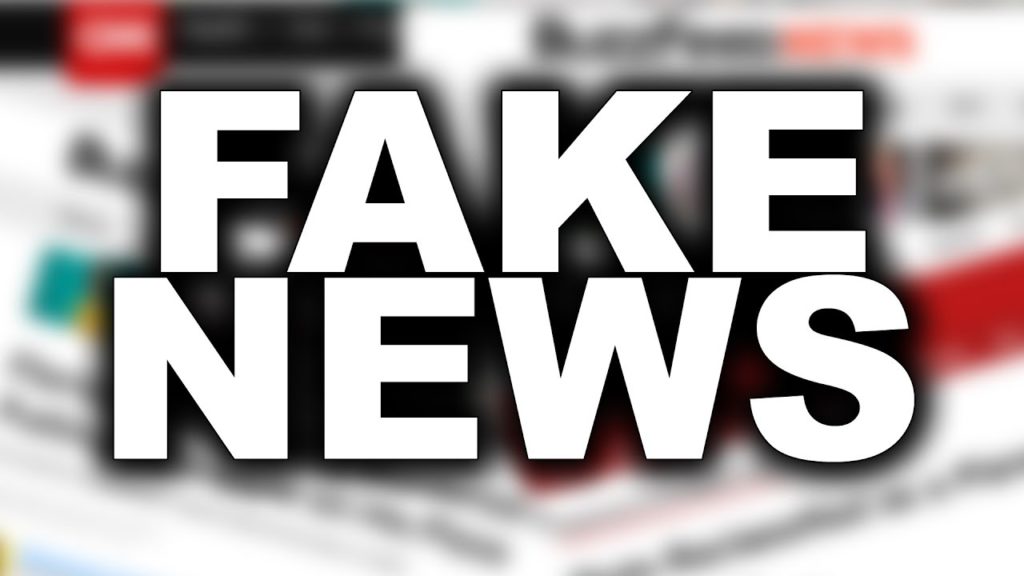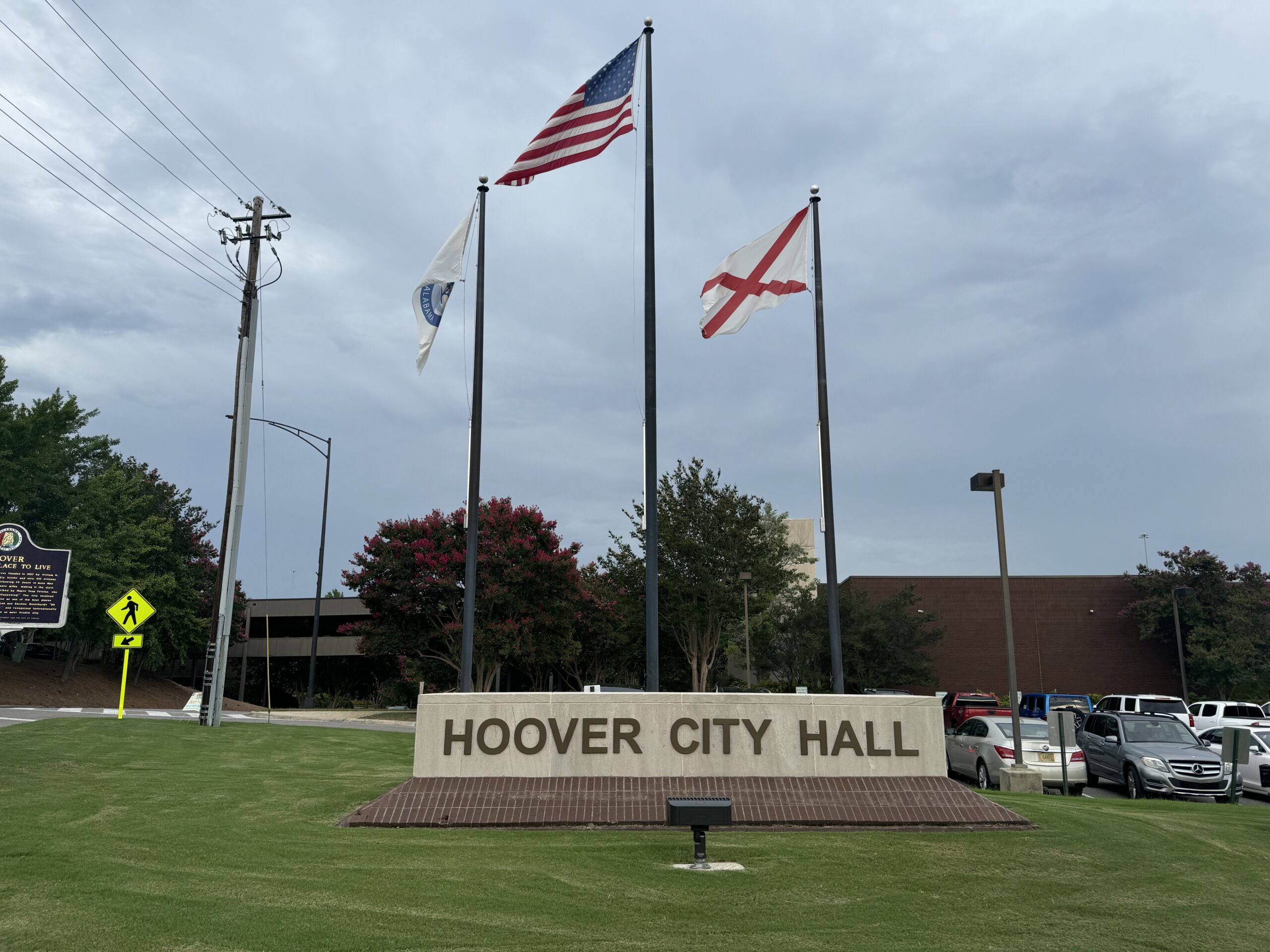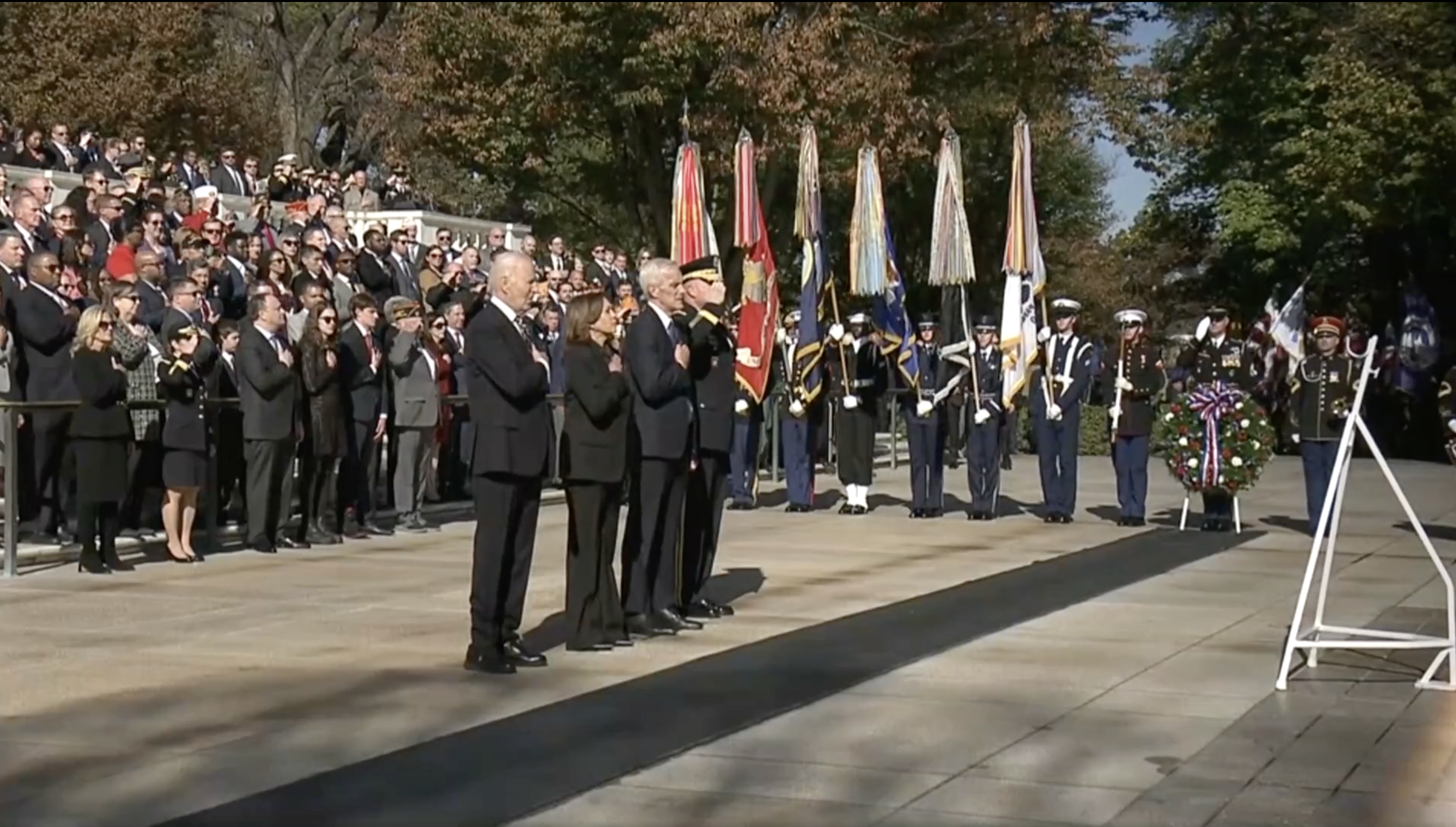President Donald Trump has shaken up a lot norms in the political world. Some things he’s introduced to the Office of President for the better, like communicating directly to the American people through his twitter account, some for the worse like what he chooses to communicate through his twitter. One of the Trumpisms from the blessing/curse that is his twitter account that I truly wish would go away is the term “fake news.”
When Trump says “fake news” sometimes he’s actually talking about news coverage that rely on nameless sources and bad information, or biased reporters and/or media outlets. Fake news is a fine enough term to describe news stories whose entire premise contradicted by actual evidence or facts or as is the case for many stories Trump disputes is based on blind sources peddling what can best be described as White House or administration gossip and back-stabbing.
Unfortunately, Trump has digressed — he’s gone from calling out actual fake news stories to simply using the term to refer to any news he doesn’t like or that isn’t favorable to him. What’s worse, now others are doing it too. From every day media consumers to communications professionals and their staffs, the term has taken on a life of its own.
For those of us in the press and media, Trump’s “fake news” rallying cry has become the catch-phrase for people from both sides of the aisle when they don’t like what a news story is saying. Don’t agree with the facts as described by a news story or journalist no matter how balanced the reporting? Just decry it as “fake news.”
We at Alabama Today have been dealing with a “fake news story” just this morning. There are few things as infuriating as trying to explain to the subject of a piece, or their staff for that matter, that their dislike of the facts does not render the news fake.
Politicians are human.They make mistakes and sometimes what they do or say is misinterpreted. Then again, sometimes what they do or say is exactly how they meant it and they just don’t like that someone’s writing a story about it. I’ve seen it all. Moreover, I’ve lived it from the other side as a communications professional as well.
Let’s not parse words when someone is calling a story or an outlet “fake news.” Their intent to discredit the story. Sometimes it’s an effort to discredit the people behind it, sometimes it’s an effort to discredit those who wrote it, but all in all it’s generally a way of deflection. And a lazy one at that.
While there are reporters whose bias is so clear that their reporting is generally skewed one way or another, that’s certainly not every reporter and every outlet. Nor is it anyone on the Alabama Today team. I personally chuckle a little when someone says an editorial I wrote is “fake news.”
Editorials are opinion pieces. How can you say my opinion is fake? You’re not discrediting me at that point, you’re showing an ignorance to the fact that news outlets provide two types of content: news and editorial. There is a difference between the two. My editorial isn’t fake news just because you don’t like it.
Screaming “fake news” — and I’m seeing the left, and the right, do it these days — is an intellectually dishonest and lazy cop-out. Rather than saying something is “fake news,” be specific about your objections and voice those in a mature way. That goes for any subjects of so-called “fake news,” as well as readers.
I found myself explaining to someone today that a media outlet’s job is to report relevant and timely facts (yes, facts, not opinion), and then allow the reader decide what to make of those facts.
We need to do better job of this as a society. We need to do better as political and communications professionals and stop trying to vilify those who are putting information in the hands of readers, listeners or watchers, or whatever medium people are getting their news through, and allow them decide what they think on their own.
Let’s reserve screaming “fake news” for stories about Big Foot and Elvis sightings.
Related
Share via:














